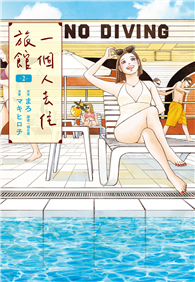With the emergence of Abstract Expressionism after World War II, the attention of the international art world turned from Paris to New York. Dore Ashton captures the vitality of the cultural milieu in which the New York School artists worked and argued and critiqued each other’s work from the 1930s to the 1950s. Working from unsifted archives, from contemporary newspapers and books, and from extensive conversations with the men and women who participated in the rise of the New York School, Ashton provides a rich cultural and intellectual history of this period. In examining the complex sources of this important movement--from the WPA program of the 1930s and the influx of European ideas to the recognition in the 1950s of American painting on an international scale--she conveys the concerns of an extraordinary group of artists including Willem de Kooning, Jackson Pollock, Ad Reinhardt, Philip Guston, Barnett Newman, Arshile Gorky, and many others. Rare documentary photographs illustrate Ashton’s classic appraisal of the New York School scene.
| FindBook |
有 1 項符合
The New York School: A Cultural Reckoning的圖書 |
 |
The New York School: A Cultural Reckoning 作者:Ashton 出版社:University of California Press 出版日期:1992-10-01 語言:英文 規格:平裝 / 246頁 / 22.9 x 15.2 x 1.5 cm / 普通級 |
| 圖書館借閱 |
| 國家圖書館 | 全國圖書書目資訊網 | 國立公共資訊圖書館 | 電子書服務平台 | MetaCat 跨館整合查詢 |
| 臺北市立圖書館 | 新北市立圖書館 | 基隆市公共圖書館 | 桃園市立圖書館 | 新竹縣公共圖書館 |
| 苗栗縣立圖書館 | 臺中市立圖書館 | 彰化縣公共圖書館 | 南投縣文化局 | 雲林縣公共圖書館 |
| 嘉義縣圖書館 | 臺南市立圖書館 | 高雄市立圖書館 | 屏東縣公共圖書館 | 宜蘭縣公共圖書館 |
| 花蓮縣文化局 | 臺東縣文化處 |
|
|
圖書介紹 - 資料來源:博客來 評分:
圖書名稱:The New York School: A Cultural Reckoning
|









